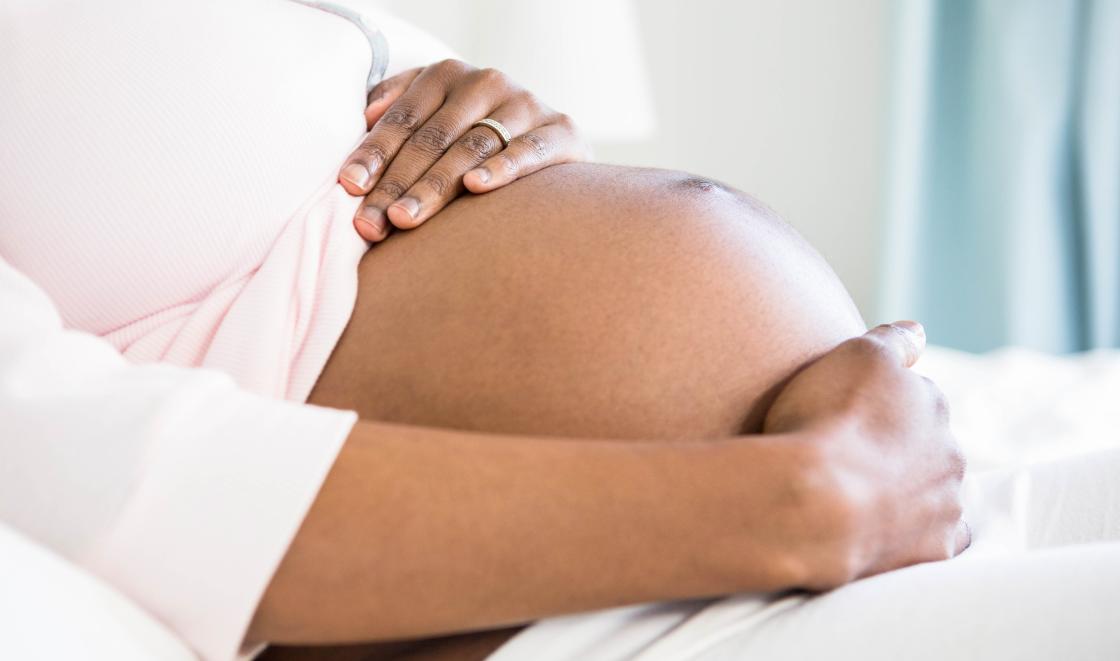Project aims:
- To evaluate patterns of service use at the Oxleas Perinatal Mental Health Service among women from BME groups (including women from gypsy and travelling communities);
- To explore the barriers and facilitators to accessing the Oxleas Perinatal Mental Health Service among women form BME groups
- To develop joint clinical recommendations to improve access to and experiences of perinatal mental health services for women form BME groups.
How this research will be carried out
A mixed methods service evaluation will be conducted to achieve these aims:
- Patterns of service use - we will evaluate these patterns among women from ethnic minority, religious and cultural backgrounds clinical data over a 12 month period will be extracted on: the ethnicity and religion of women referred to Oxleas perinatal mental health services. We will explore the number of referrals from BAME groups, the number of appointments offered, and take up of services among this group of women.
- Qualitative interviews with women - in-depth semi-structured qualitative interviews will be conducted with women from BAME groups (n=20-25), including women from gypsy and travelling communities, to explore the barriers and facilitators to access, and support needs and experiences of these groups of women. Purposeful sampling will be used to identify and invite women from a range of BAME groups who have been referred to the Oxleas Perinatal Mental Health Service. We will aim to recruit an equal proportion of women who have accessed and not accessed the service. We will work closely with local voluntary and community organisations, as well as primary health care professionals, to identify and recruit more marginalised groups of women.
- Stakeholder perceptions - a short online survey will be sent to all healthcare professionals within the service catchment area (i.e. midwives, obstetricians, health visitors, GPs, other secondary mental health services) to explore their perceptions of barriers and facilitators among women from BME groups to accessing the Oxleas Perinatal Mental Health Service. A sample of healthcare professionals responding to the survey will be invited to take part in one of two focus groups to explore stakeholder perceptions in more depth.
In response to the COVID-19 pandemic, interviews and focus groups with women and staff will also take in to consideration reconfiguration of services and remote delivery of perinatal mental health care, and the impact that this has had on women from BAME backgrounds and patterns of service use. The study will include patient and public involvement groups from Stakeholder groups from the Oxleas mental health trust, ARC South London PPI group, Section of Women's Mental Health Patient Advisory Group, Institute of Psychiatry, Psychology & Neuroscience.
Meeting the needs of the diverse population of south London
The London boroughs served by the Oxleas perinatal mental health service have a diverse population. Latest estimates show that between 17% and 34% of the Bromley, Bexley and Greenwich populations are made up of BAME groups, which has increased significantly over the last decade.[4-6] The Black African community are the ethnic group with the highest proportion of BAME residents in these three boroughs.
These estimates do not include Gypsy Travellers as an ethnic minority, although they do form a distinct ethnic group with particular needs. Bromley in particular has a large Gypsy Traveller community, concentrated predominantly in the Crays. There is evidence that Gypsies and Travellers are the most excluded ethnic minority in this country, and therefore access to perinatal mental health care is also likely to be restricted.
The study is funded by NHS England. It was adopted by ARC South London in May 2020 and will be completed by February 2021.



